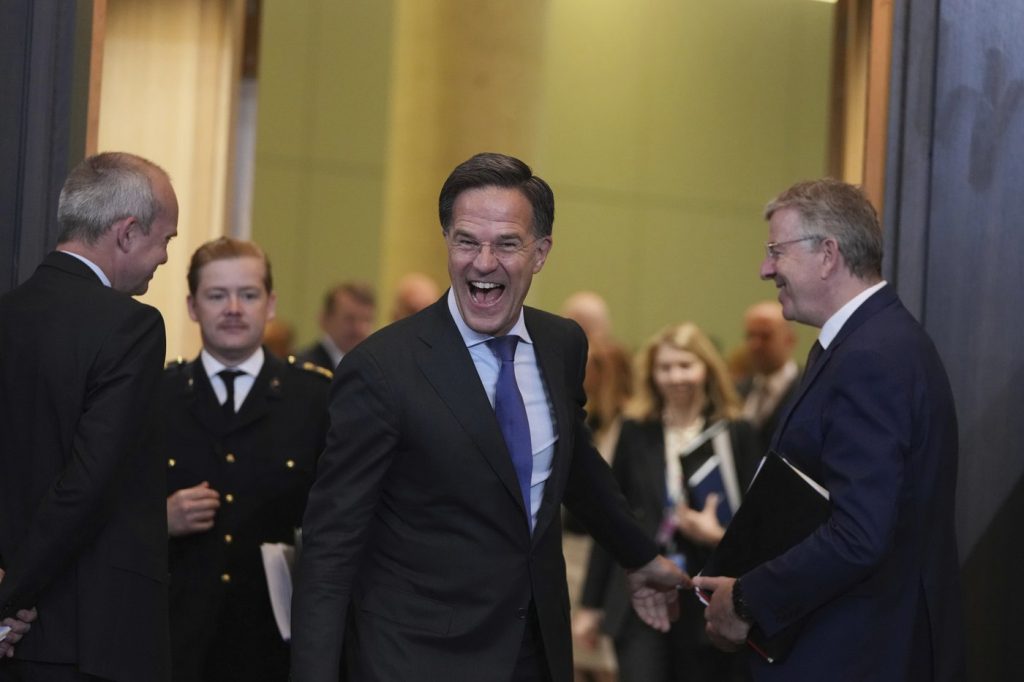According to NATO's Secretary-General Mark Rutte, NATO members must increase their air and missile defenses by 400% to adequately counter the rising threat posed by Russia. Rutte is expected to deliver this message during his visit to London, emphasizing the need for a "quantum leap" in collective defense to address the ongoing instability and security challenges facing the alliance.
During his meeting with U.K. Prime Minister Keir Starmer at 10 Downing St., Rutte will discuss these pressing issues ahead of the NATO summit scheduled in the Netherlands. At this summit, the 32-member alliance is anticipated to commit to a significant increase in military spending, responding to the heightened security landscape since Russia's military actions in Ukraine.
Following Russia's full-scale invasion of Ukraine in February 2022, member states, including the U.K., have been reevaluating their defense budgets. Prime Minister Starmer has pledged to raise British defense spending to 2.5% of GDP by 2027, with a further increase to 3% by 2034. Rutte has suggested a more ambitious target, recommending a military spending goal of 3.5% of a country's economic output, along with an additional 1.5% for "defense-related expenditure," which includes critical infrastructure such as transportation and logistics facilities.
Currently, 22 of the 32 NATO member countries meet or exceed the existing target of 2% military spending. The proposed new targets may reflect a response to demands from former U.S. President Donald Trump, who had insisted that NATO countries should allocate 5% of their GDP to defense. Trump's administration raised questions about NATO's value and criticized European allies for not contributing sufficiently to their collective security.
Rutte is also expected to highlight the immediate need for thousands more armored vehicles and millions of additional artillery shells, reinforcing the call for a substantial increase in air and missile defense capabilities. In his remarks at the Chatham House think tank in London, Rutte plans to reference the ongoing conflict in Ukraine, stating, "We see in Ukraine how Russia delivers terror from above, so we will strengthen the shield that protects our skies." He will stress the urgency of taking practical steps, asserting, "Wishful thinking will not keep us safe. We cannot dream away the danger. Hope is not a strategy. So NATO has to become a stronger, fairer, and more lethal alliance."
European NATO countries, led by the U.K. and France, are working diligently to reinforce their defense strategies amid a shifting U.S. foreign policy landscape marked by Trump's administration. Just last week, the U.K. government announced plans to build new nuclear-powered attack submarines, to prepare its army for potential conflict on European soil, and to transition into "a battle-ready, armor-clad nation." These initiatives represent the most significant changes to British defense strategies since the end of the Cold War more than thirty years ago.










